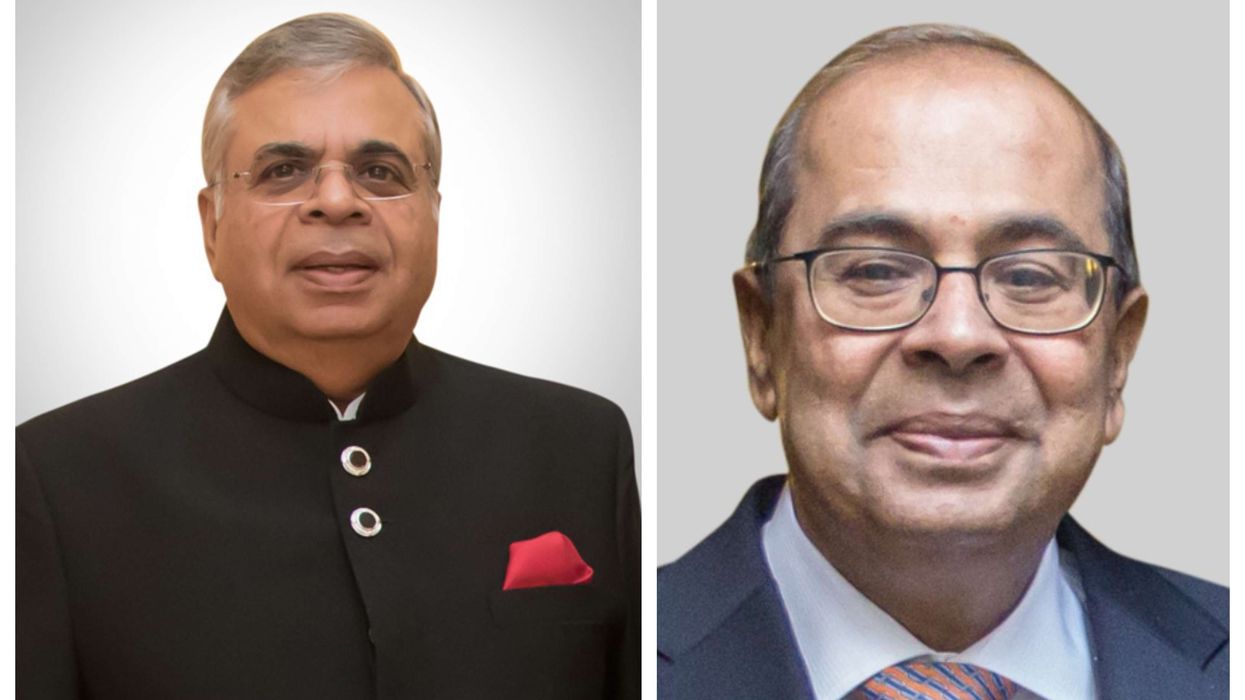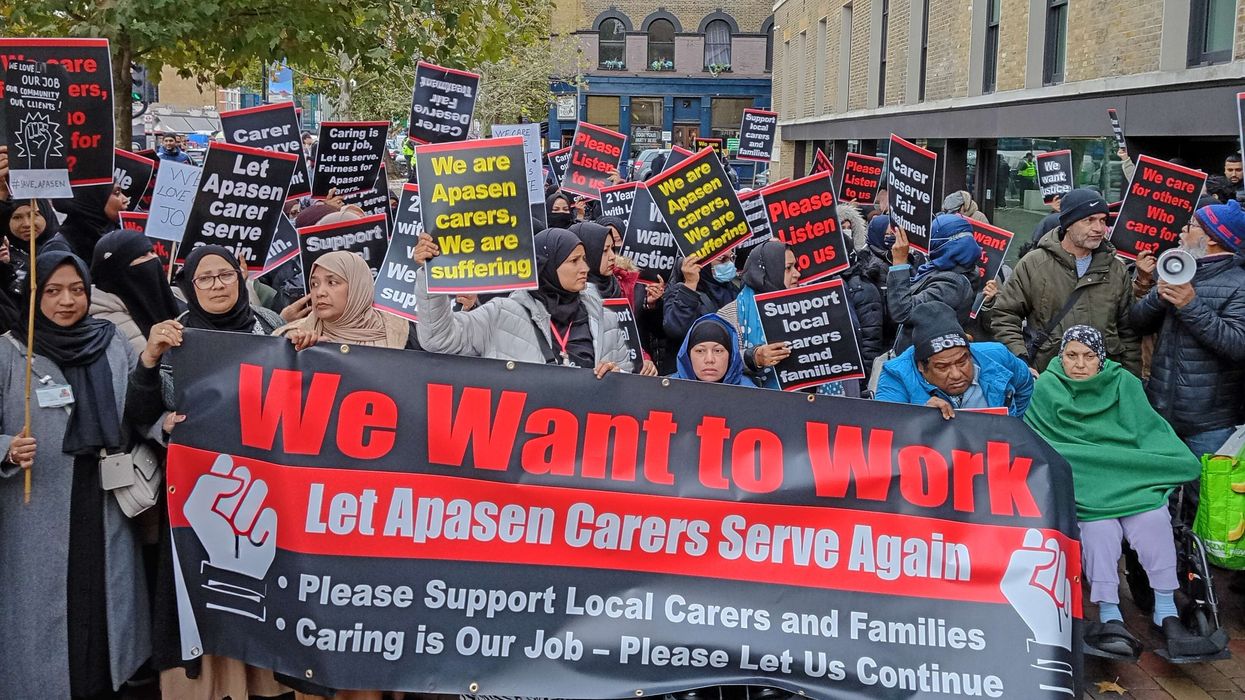Highlights:
- The UK chose My Father’s Shadow for the Oscars.
- The decision has divided opinions in the film industry.
- Supporters say it reflects today’s multicultural Britain.
- Critics question whether the committee took a politically loaded risk.
- Davies’ cross-continental storytelling is being described as bold, personal and uncompromising.
Akinola Davies’ My Father’s Shadow being picked as the UK’s entry for Best International Feature Film at the 98th Academy Awards has set off a noticeable stir in the industry. Some insiders see it as a long-overdue nod to Britain’s changing cultural landscape. Others privately question whether the committee has taken a deliberate political swing by choosing a film that doesn’t fit the usual mould of a “British” Oscar contender.
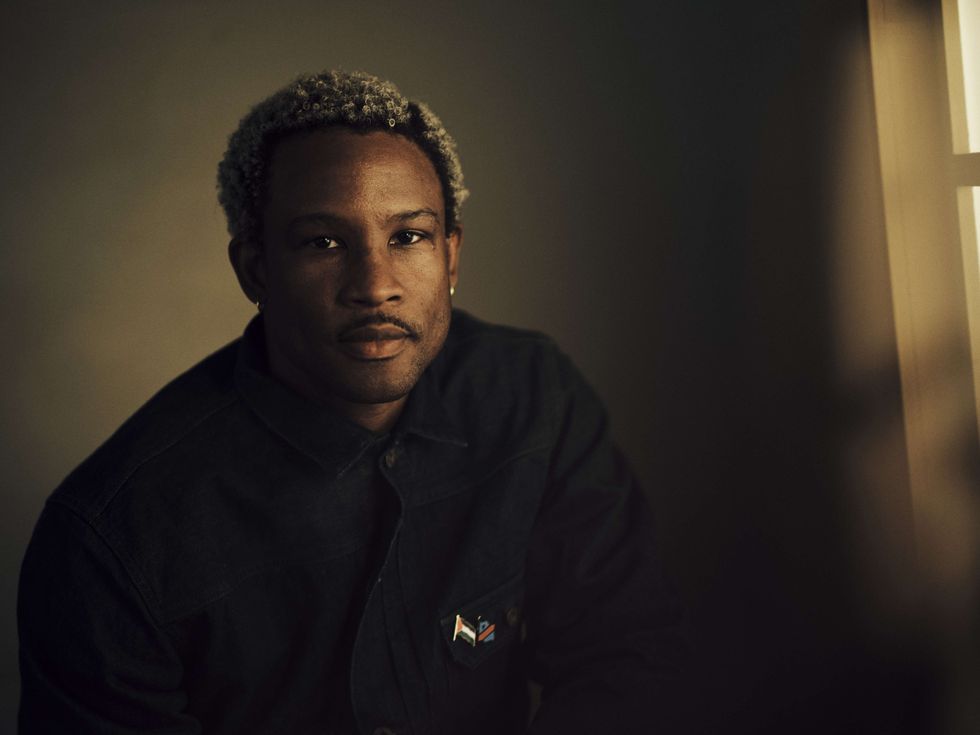
A filmmaker shaped by two cultures
Davies, who grew up between British and Nigerian influences, has never been interested in tidy stories. His work often comes from lived experience rather than formula. My Father’s Shadow is about a young man figuring out his dad while moving between the two countries. Many people say it shows a side of Britain you rarely see in movies.
- YouTube youtu.be
Bold or risky choice?
But the selection has already drawn mixed reactions for the same reason. Within industry circles, privately and off-record, some argue the UK could have opted for a safer, more commercially positioned contender. Instead, it chose a deeply personal, introspective drama that refuses to dilute its cultural specificity.
Emotion without ornament
What no one disputes is the film’s raw power. Davies brings an honesty that borders on uncomfortable, showing how silence, masculinity, and generational wounds quietly shape a life. His style of direction is restrained but loaded, allowing tension to sit without resolution. Critics in early screenings have described the film as “unflinching,” “emotionally sharp,” and “an urgent portrait of identity in flux.”
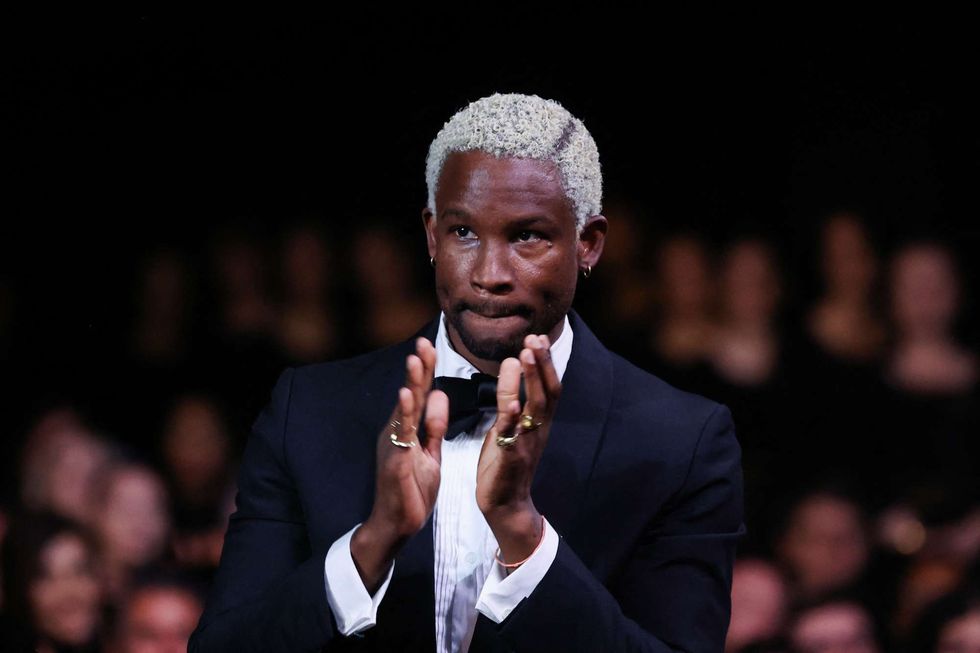
A hybrid story entering the global arena
The Oscar run places Davies in a new position, representing the UK on a global platform while telling a story rooted in a hybrid British-Nigerian experience. To him, this duality isn’t a conflict but an inheritance. In interviews, he has said the film was born from years of observing how families, especially immigrant families, communicate grief and love without ever naming it.
By selecting My Father’s Shadow, the UK is not just entering a film, it is signalling what kind of stories it believes define the country today. Whether the choice was bold, risky, overdue, or all three at once, it has put Akinola Davies at the centre of a conversation about culture, identity, and who gets to represent “British cinema” on the world stage.
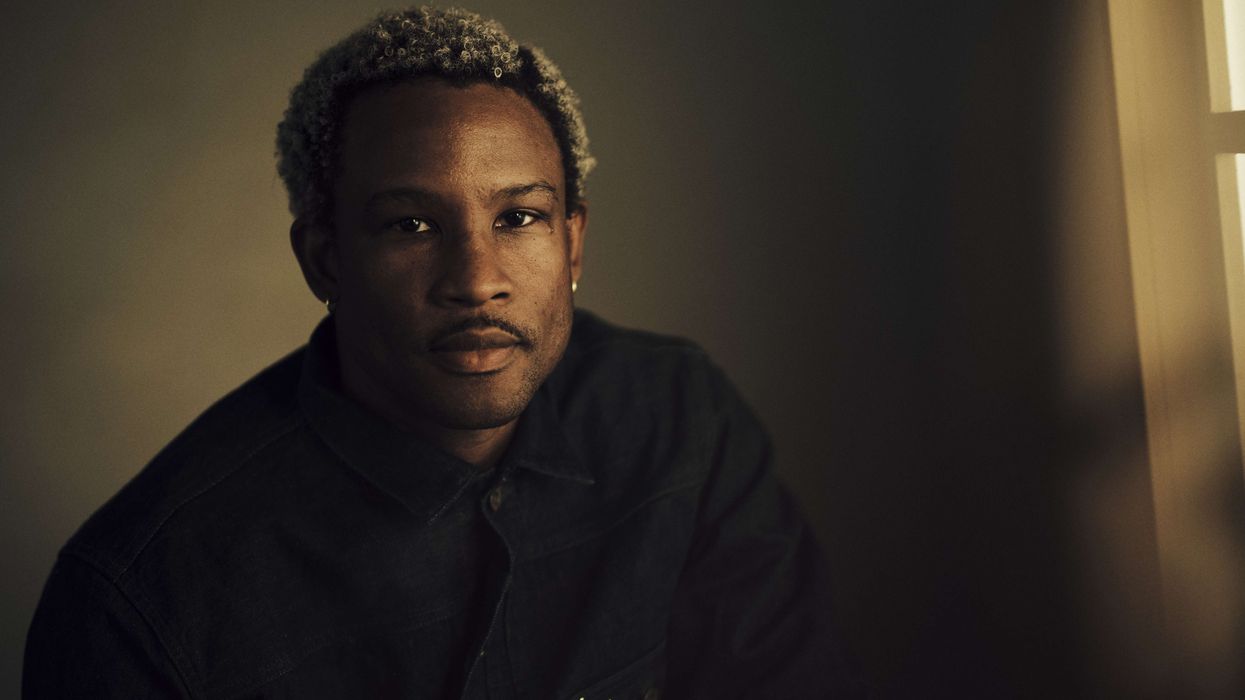


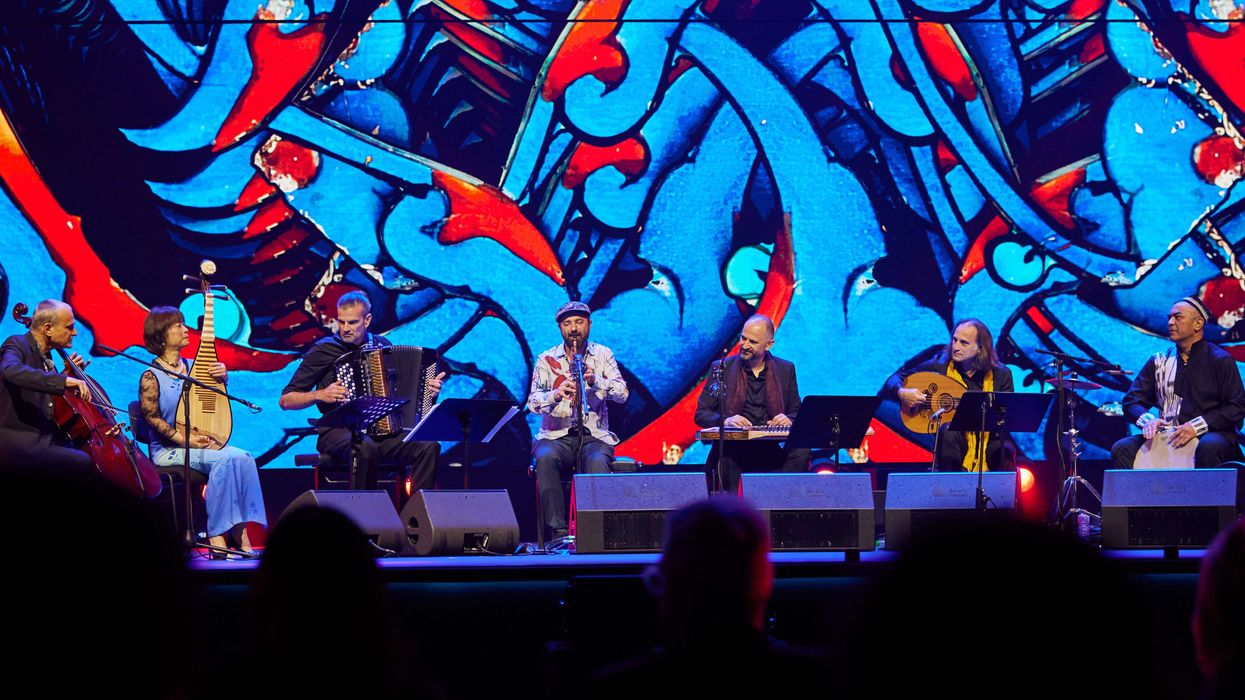
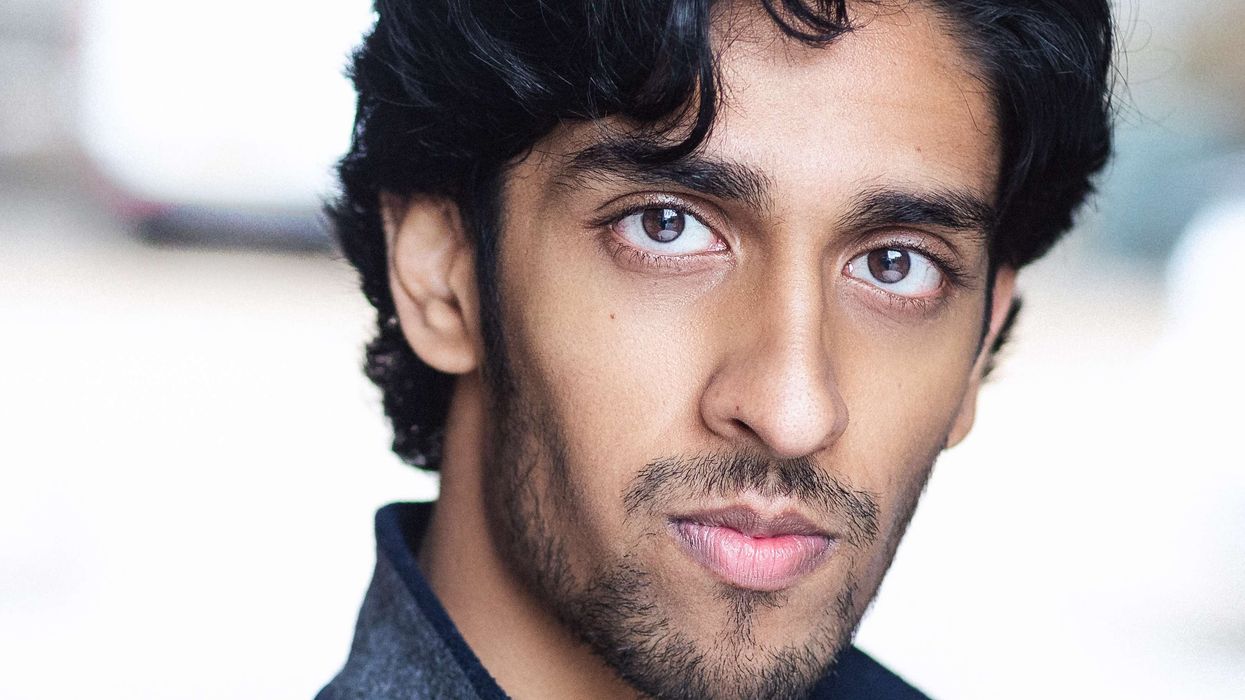
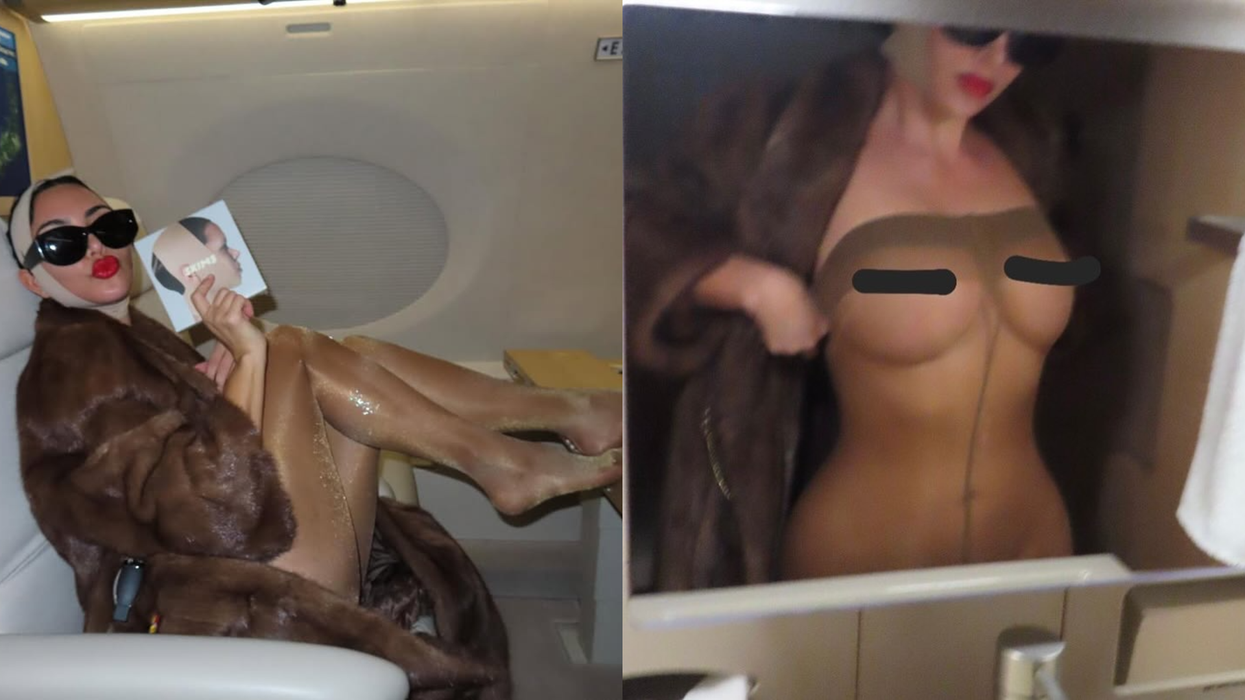

 Sarah Sarosh reveals the ten guiding forces that shape her brand, creativity, and connection with over 1.5 million followers Sarah Sarosh reveals the ten guiding forces that shape her brand, creativity, and connection with over 1.5 million followers
Sarah Sarosh reveals the ten guiding forces that shape her brand, creativity, and connection with over 1.5 million followers Sarah Sarosh reveals the ten guiding forces that shape her brand, creativity, and connection with over 1.5 million followers  Sarah Sarosh explains what drives her work and creativity
Sarah Sarosh explains what drives her work and creativity A closer look at the moments and motivations behind Sarah Sarosh’s rise as a beauty creator turned coffee entrepreneur
A closer look at the moments and motivations behind Sarah Sarosh’s rise as a beauty creator turned coffee entrepreneur

